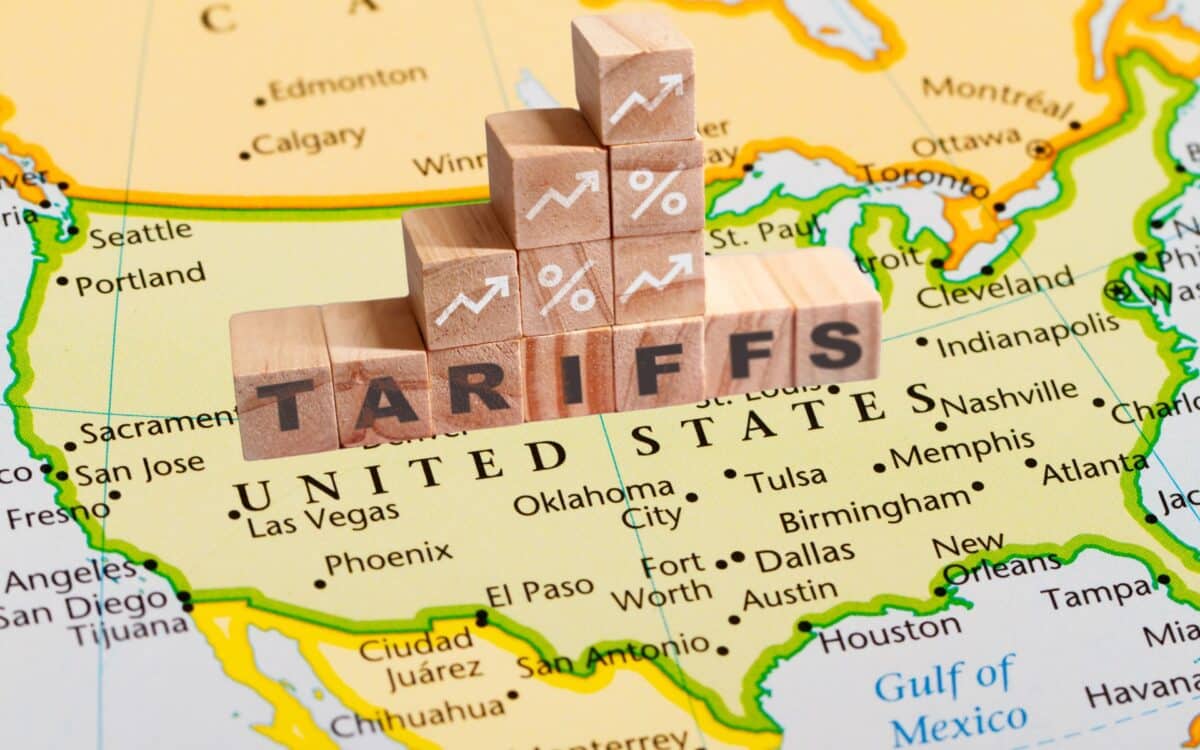UK pensioners relying on defined contribution pensions schemes may face a significant reduction in retirement income, following recent global market disruptions triggered by the return of Donald Trump to the US presidency.
Trump’s renewed trade war has sent shockwaves through financial markets, directly impacting pension fund valuations tied to equities and bonds. Economic analysts and pension professionals are warning that the repercussions of these policies could extend well beyond US borders.
According to Devon Live, industry experts now estimate that millions of UK pensioners could see their retirement pots shrink sharply, highlighting the growing vulnerability of savings strategies dependent on market performance in a volatile global climate.
Tariffs Spark Economic Instability
A new report by the Society of Pension Professionals (SPP) warns that Trump’s sweeping tariffs on imported goods, including those from the UK, have played a major role in driving recent financial volatility.
These measures have contributed to a sharp downturn in equity markets and falling government bond yields, both of which underpin the value of Defined Contribution (DC) pensions.
The report states :
Given the scale of the equity market falls since early April 2025, and the fall in government bond yields, it is possible that some DC savers may see a reduction in retirement income of up to 20 per cent.
Expert Warnings From the Pension Sector
Simon Daniel, Chair of the SPP Investment Committee, highlighted the need for measured responses amid growing economic anxiety.
The world is again enduring a period of financial turbulence and this has naturally created some uncertainty for UK savers and investors – he said.
The overall message from this paper is that making significant, reactive changes to pensions and other savings is generally not ideal compared with keeping a cool head and planning carefully.
The 20% figure, while not guaranteed, represents a potential worst-case scenario for pensioners whose retirement income depends heavily on investment performance. The SPP report urges stakeholders to consider long-term strategies over immediate reactions.
Steep Losses in the Equity Markets
Financial turbulence has already taken a severe toll. According to Dr. Steve Dunne, PhD Researcher and Associate Tutor at The University of Warwick, the consequences of Trump’s economic policy have been both immediate and far-reaching.
Across the opening 100 days of his second term, Trump has devastated – perhaps irreparably – economic confidence in the US. – He added
In the short term, decreased economic trust will prolong market volatility. April 3–4 saw the largest-ever two-day loss, as US$6.6 trillion (£5 trillion) was erased from US stocks. Trump’s tariffs are also expected to depress growth, both at home and abroad.
The report links this volatility directly to pension valuation risks, with millions of savers exposed to equity-linked losses.
Broader Risks to Global Financial Stability
Beyond pensions, the long-term implications could reshape the international financial order. Dunne further explained :
In the longer term, diminished economic trust will continue to weaken bond markets, hampering America’s ability to service its colossal national debt.
He continued :
Perhaps most significantly, declining global trust will accelerate processes of de-dollarisation and reduce reliance on the dollar as a reserve currency. De-dollarisation would leave the US economically marginalised in a more multipolar global economy.
These trends could compound the instability in international markets, affecting both institutional investors and individual savers alike.









